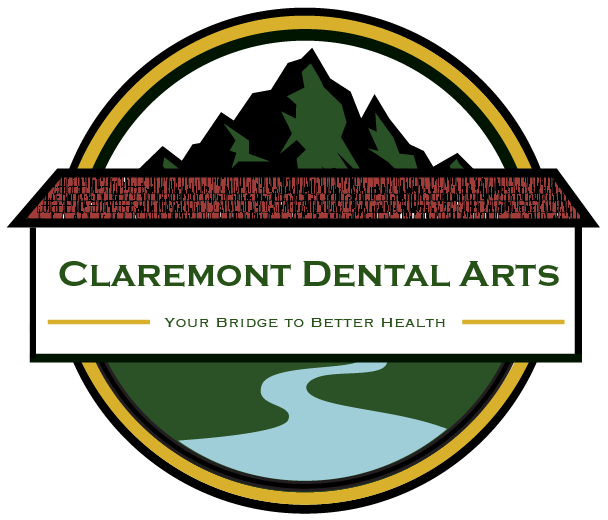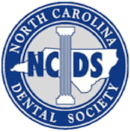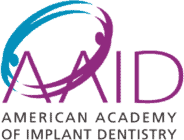
September 29th is National Coffee Day here in the US, and amidst the celebrations of America’s favorite morning brew, we’d like to take a moment to discuss the impact that a hot cup of joe can have on your oral health. Specifically, we’d like to address a burning question: how much coffee is too much for your teeth? As you might have guessed, the answer is a bit complex. Coffee’s impact on your body is a complicated thing, dental hygiene, and oral health are always tricky and detailed subjects. So let’s take a look at coffee and your teeth, how they interact, and how affect your oral health.
Coffee and Teeth Staining
Let’s address the most obvious issue first: does coffee stain your teeth? Discolored or stained teeth are a real concern for many people, as stained teeth can affect not only appearance but self-confidence and can be indicative of other issues. Generally, any beverage that can stain your clothes can stain your teeth. With that in mind, coffee can absolutely lead to stained or discolored teeth, especially over a long period of regular consumption.
So, are you thus forced to choose between bright, white teeth and your morning cup of coffee? The answer is “not necessarily”; there are a few things you can do to help limit the teeth staining. For good or ill, your best option is to limit your coffee intake to no more than two cups a day. Furthermore, you should bear in mind that not all coffee is created equal. A black one or a shot of straight espresso will have a bigger staining/discoloration effect on your teeth than coffee with milk. Likewise, stronger brews contain more discoloring agents than lighter ones. By adjusting the way in which you drink coffee along with the quantity you consume, you can still enjoy a morning cuppa while limiting the risk of discolored teeth.
The good news about stained teeth is this: teeth whitening services are easy, effective, and widely available. In-office treatment by an experienced dentist can help remove the stains, discolorations, and other blemishes on your teeth.
Coffee and Tooth Decay
While there are steps you can take to mitigate the staining effects, unfortunately, stained and discolored teeth aren’t the only negative impact coffee can have on your oral health. As it turns out, some of the chemical characteristics can contribute to tooth damage and decay. Coffee is an acidic beverage, and as such, it has the potential to weaken the protective enamel layer of your teeth over time. This can leave your teeth vulnerable to bacteria, which can take hold and lead to cavities, tooth decay, and even tooth loss if left unchecked. Coffee with milk can mitigate these effects somewhat, just as it does with teeth staining.
While it’s probably best for most of us to consume coffee with milk, coffee drinks that come loaded with chocolate, syrups, and sugars in various forms can also cause problems for your teeth. As with all sugary drinks, these coffee confections can fuel bacteria and thus tooth decay. Drinks like this should be treated like dessert: an occasional treat, not a mainstay of your diet!
In short: while coffee is a wonderful thing and should be enjoyed, it’s also something to use mindfully and in moderation. It can stain your teeth and even contribute to tooth damage and tooth decay if misused or to excess. Combined with regular brushing and flossing, moderating the consumption is another step in ensuring that your teeth remain healthy and happy for a lifetime. So if you’re concerned about your coffee consumption, worried about stains or discolorations on your teeth, or just need a regular exam and cleaning, get in touch with us today!




